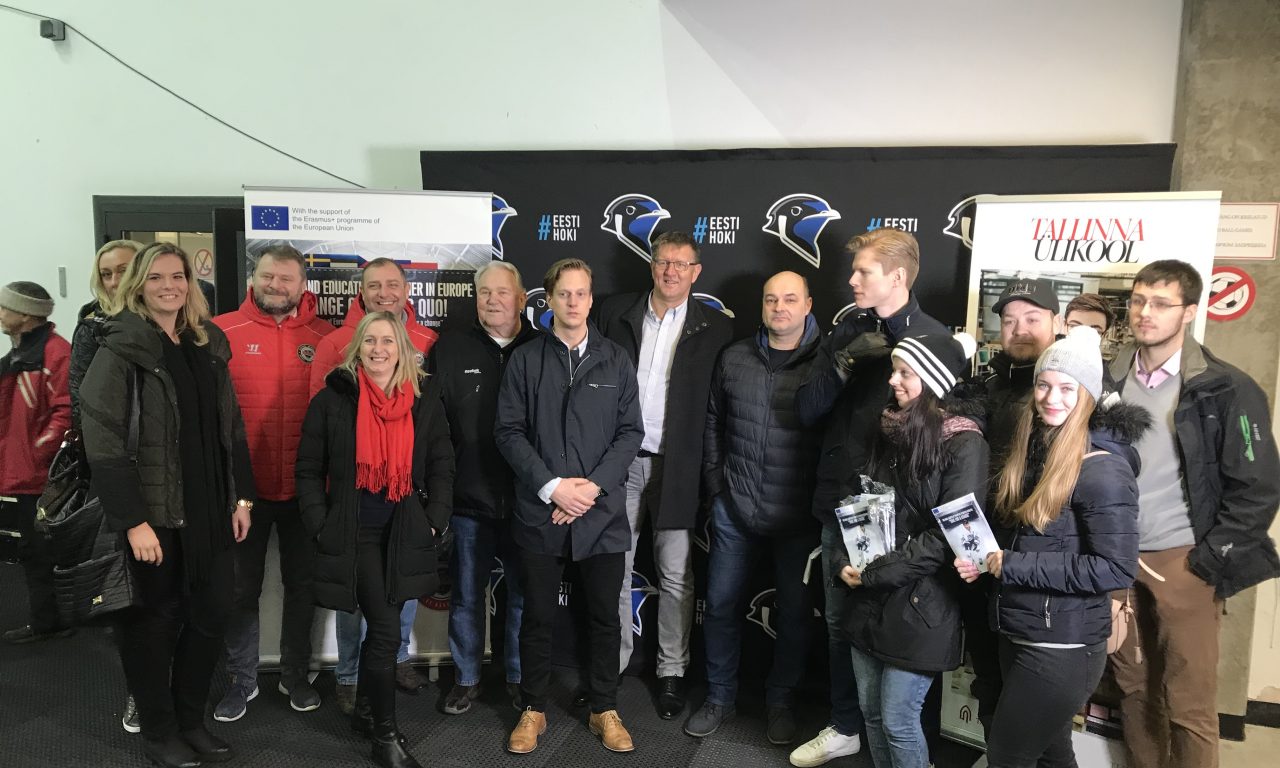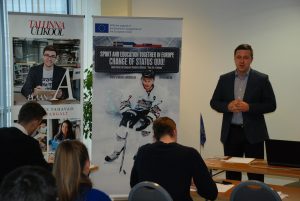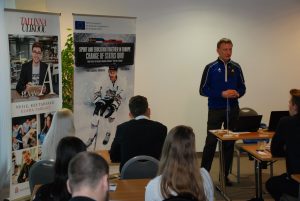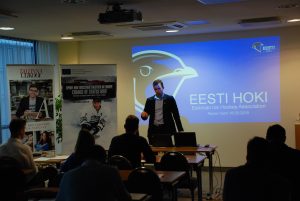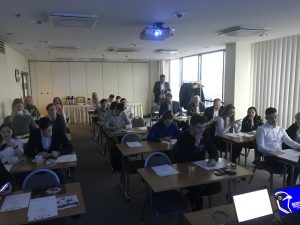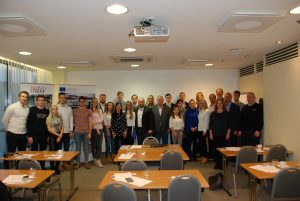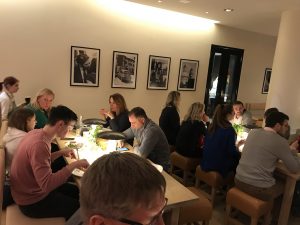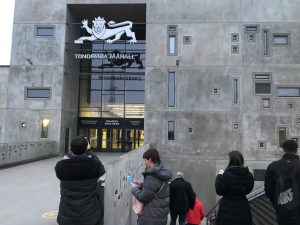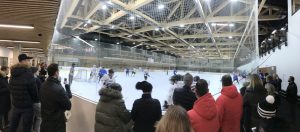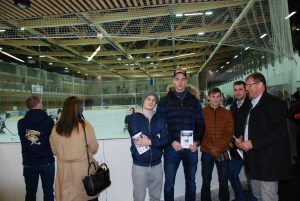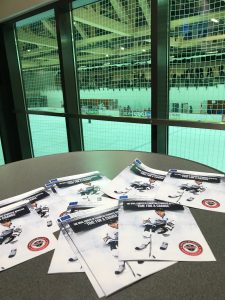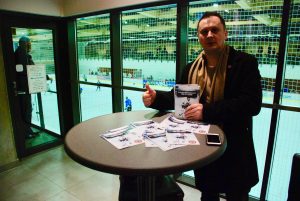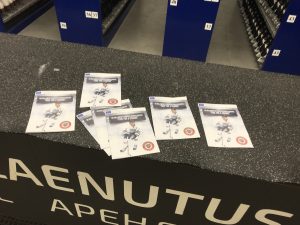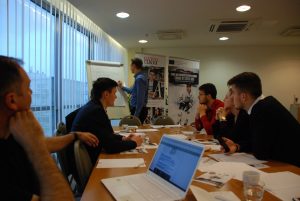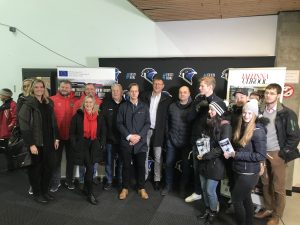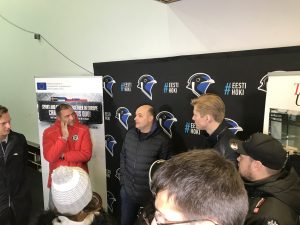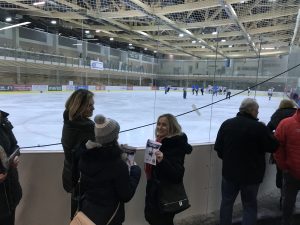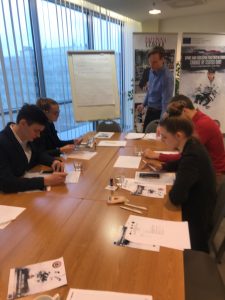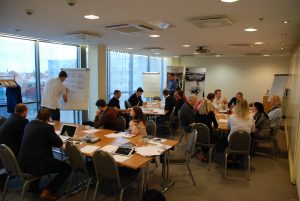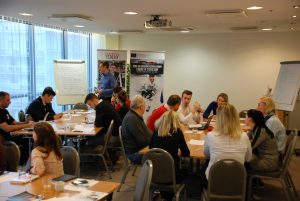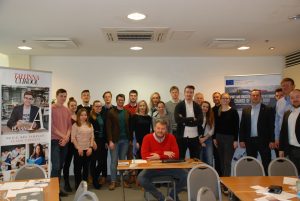The first Transnational Project Meeting took place in Tallinn, Estonia on 16 and 17 March 2019
All members of the European University Hockey Association of Eastern and Northern division, under the leadership of President Jaroslav Straka and his administration took part in the meeting. Due to the importance of the meeting at this level, the leaders of the main sports and social committees of Estonia, including the ESTONIAN Hockey Federation, the Estonian Olympic Committee , and the head of the Tallinn City Administration were involved in the presentation.
DAY 1 - 16.03.2019
13.30-14.00 Officially President of UHLE Mr. Heino Enden started with introduction of the Transnational Project Meeting agenda.
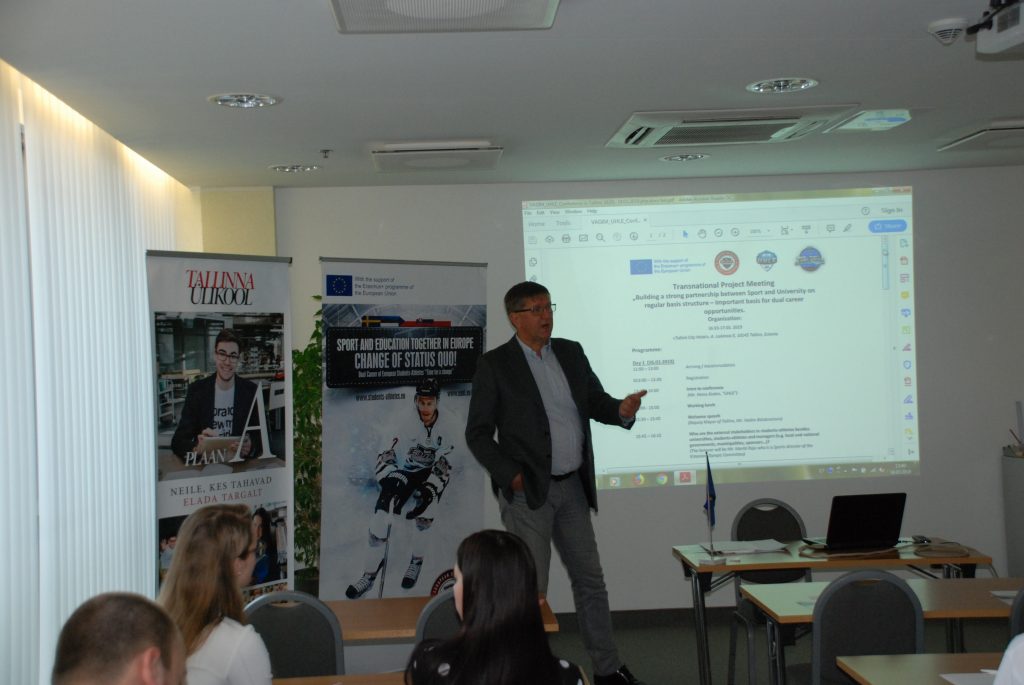
15.30-15.45 After the lunch break, the Deputy Mayor of Tallinn, Mr Vadim Belobrovtsev delivered a welcoming speech in which he stressed the importance of working together. He stressed the education and expansion of the University Hockey League the goal is to have a team at each university in the 2019/2020 season. And to create opportunities to use ice arenas for university teams.
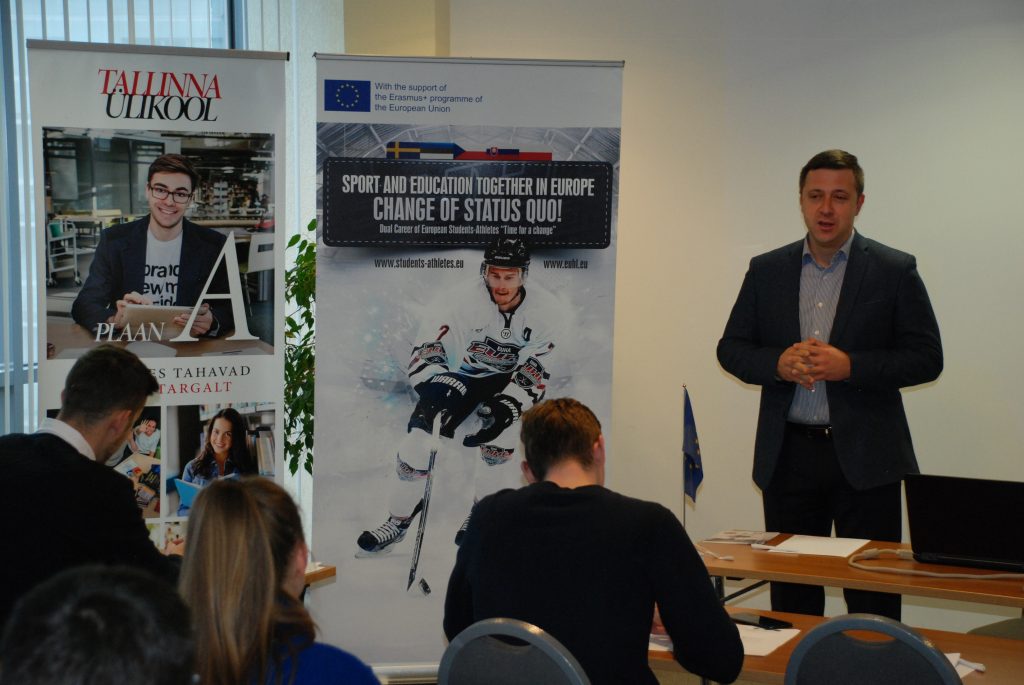
15.45-16.15 The next speaker was Mr. Martti Raju who is a Sports director of theEstonian Olympic Committee. He showed great support for the formation and development university hockey in Estonia. Please find the presentation here

16:15 – 16:45 The challenges when communicating with external stakeholders (The lecturer will be Mr. Rainer Komi who is a General Manager of the Estonian Hockey Federation) Please find the presentation here
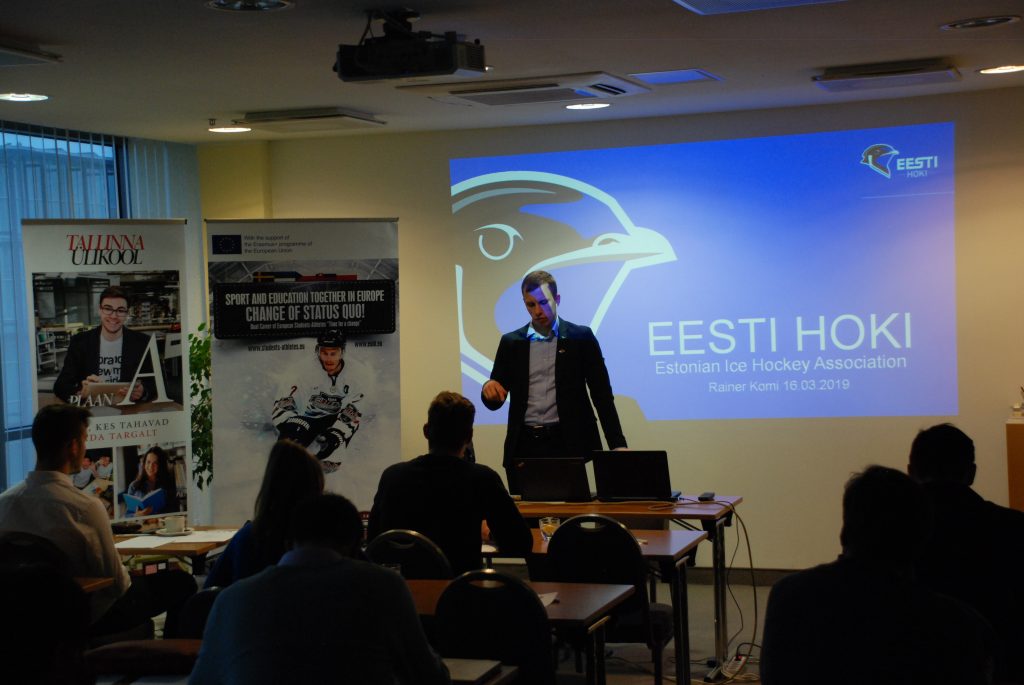
16.45-17.15 Mr. Mart Habakuk who is the Chancellor of Estonian Business School said that he was very interested in the overall development of university students including academic achievements and career in sports. Please find the presentation here
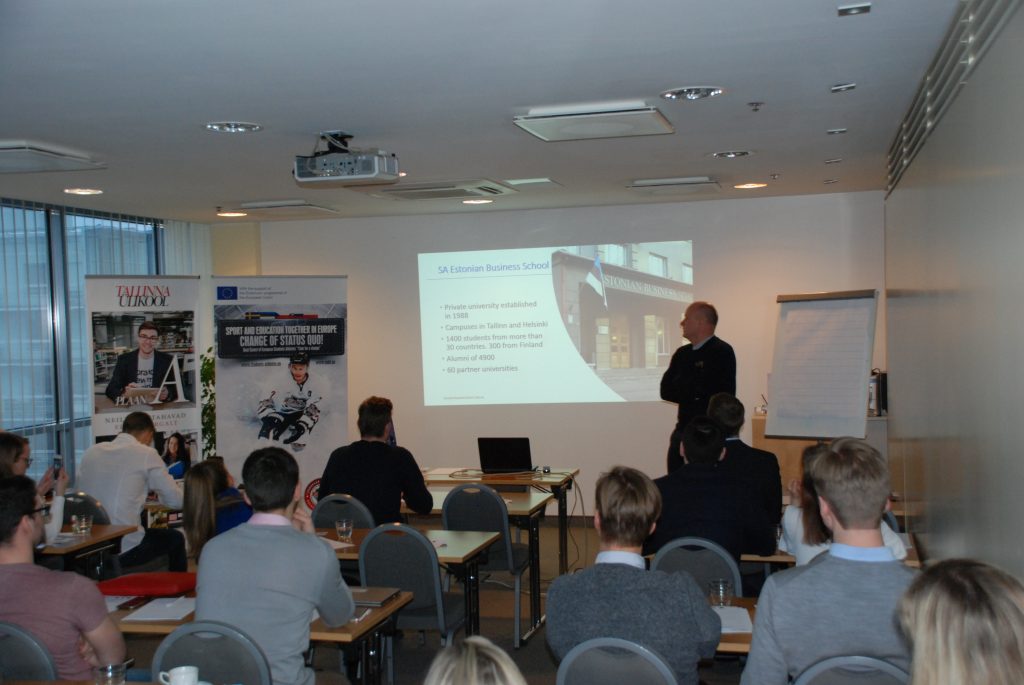
18.00-20.00 Towards the evening the participants familiarized themselves with wonderful conditions of the transnational meeting and multiplier sport events such the game of two Estonian student’s teams which was held at the ice stage «Tondiraba» where teams of UHLE and Tallinn University have met there. The game was held according to the rules and requirements of the University hockey. The Tallinn University’s team has won 2:1. During the game we tried to disseminate brochures about dual career “Students-Athletes” as wide as possible, of course among relevant target groups what are were students and their parents.All the participants had an opportunity to visit the Tondiraba Ice Arena , see the ice rinks and have the opportunity for an open discussion with students and coach-Methodist Alexander Semyonov.
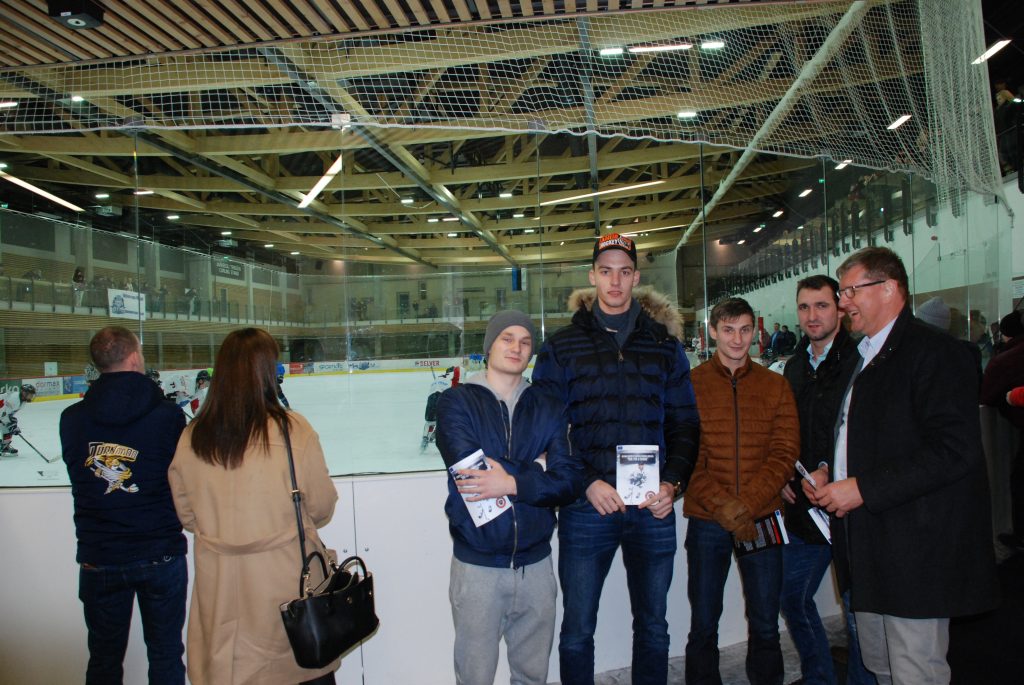
Day 2
17.03.2019
In accordance with the schedule of the meeting, discussion were organized and held at during which participants could discuss the events of the previous day.
Main Topic: Round table discussion tables focusing on external stakeholders
Sub topics:
- Definition of all external stakeholders
- Who should communicate with external stakeholders
- Risks and challenges of the teams and university associated with external stakeholders
Summary:
The participants with different nationalities and background were divided in to three different groups to facilitate that all information and ideas were shared within the group. Every table assigned a chairman that represented and presented the groups results and conclusions.
The results from the groups were written down and summarized on a board so that the participants got a good overview. This gave a good foundation to start having discussions and to compare the different results between the groups.
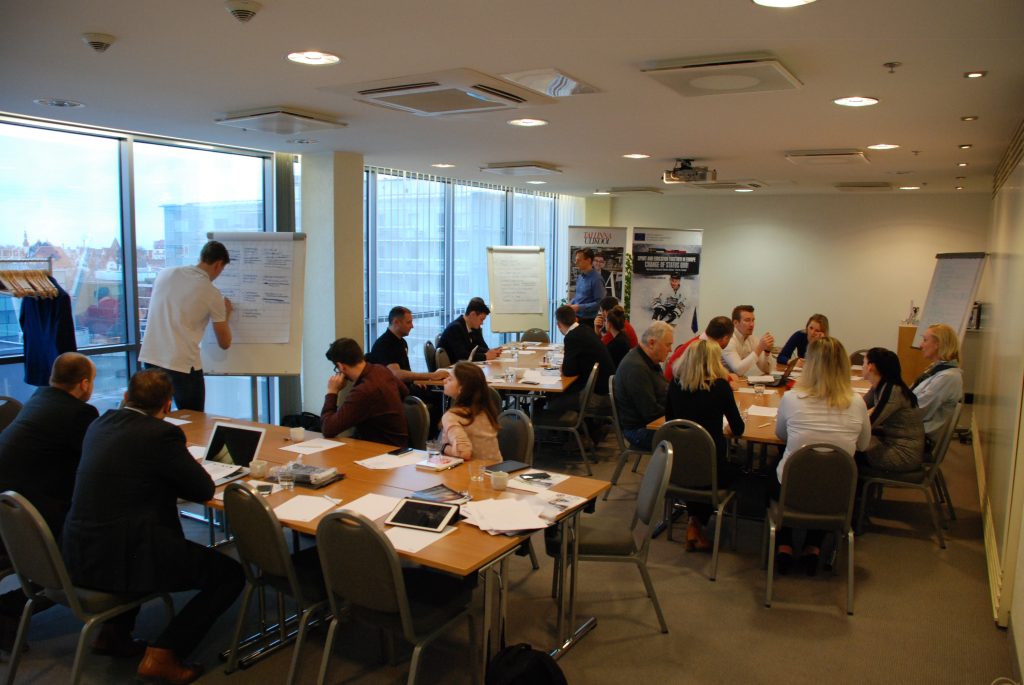
Results:
Most results from the groups were similar but there were also some differences that created good discussions and new ideas that the participants could bring back to their own organizations and universities.
Agreed definition of external stakeholders were among others universities, municipalities, private investors & sponsors, federations, visitors, Ice-rinks owners and Media.
Potential communicators that the groups discussed were General Managers, Coaches & players, marketing responsible, rectors at universities, nonprofit organizations, Media. The group also agreed on that it is important that the information about this EU cooperation is communicated top- down to make progress.
Risks and challenges that were identified were lack of sponsorship, Media & PR, Elections in school and municipalities, support from universities, Relations between stakeholders, Internal communication, legislations, players & coaches behavior, Health of players, Different levels of referees, low visitor rate, money, low quality of players, language barriers, inability to cooperate on a high level.
Conclusion:
Overall a good conference with good information sharing and discussions. The foundation for further cooperation and progress seems to be in place.
